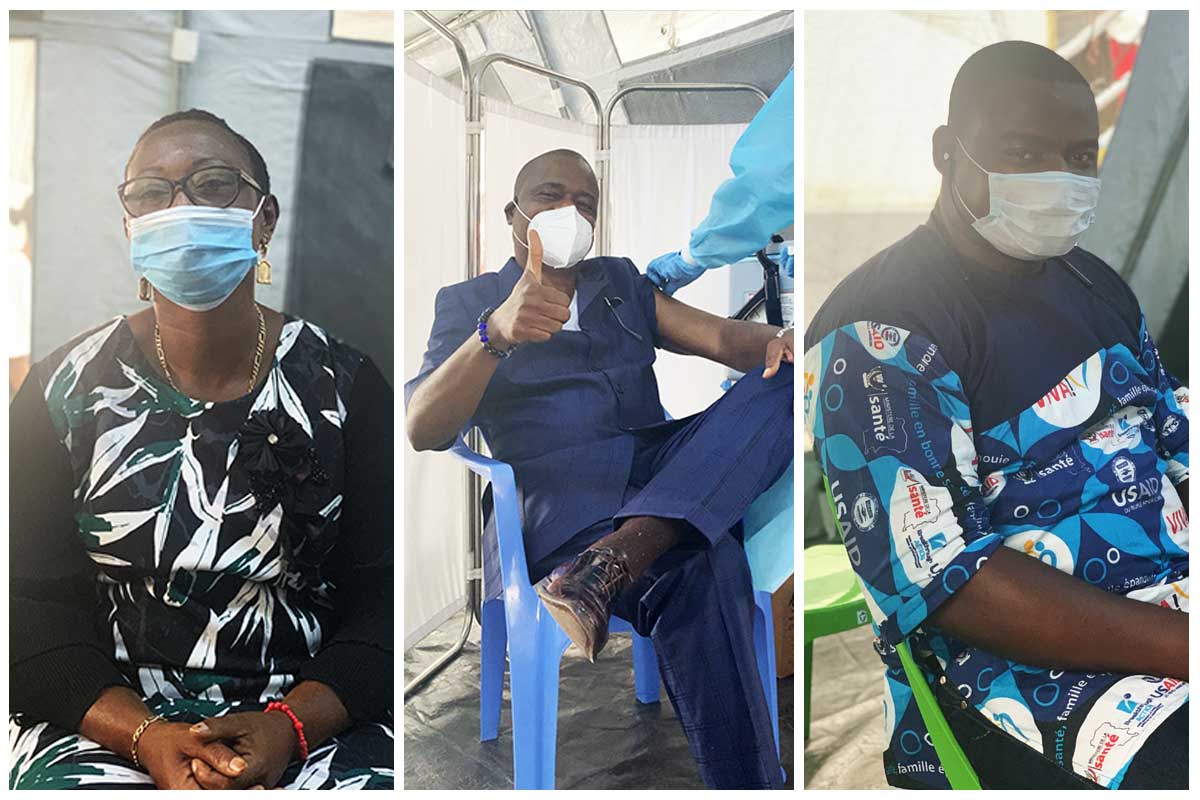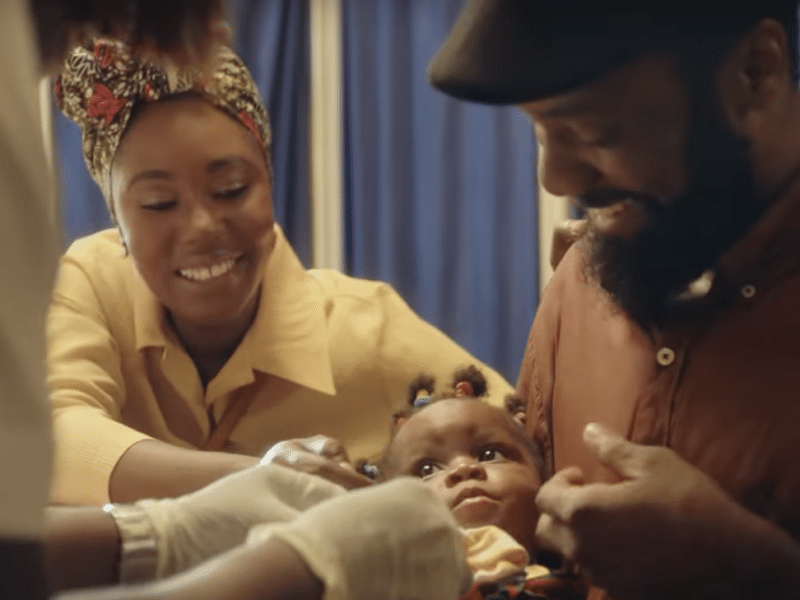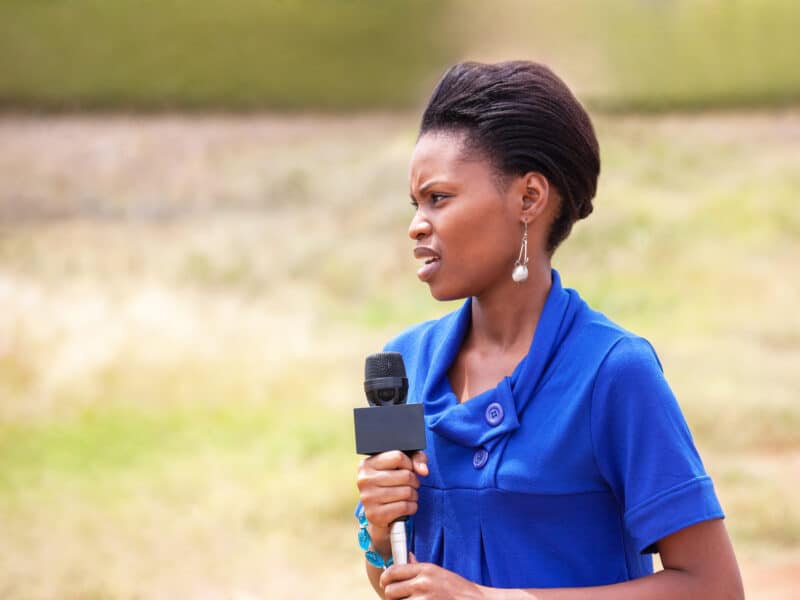The Johns Hopkins Center for Communication Programs’ Didier Kangudie volunteered to get a COVID-19 vaccine, even while many people in his country were very reluctant to get theirs. As chief of party for CCP’s Breakthrough ACTION project in the Democratic Republic of Congo, he found few takers when he asked his colleagues to join him in getting the AstraZeneca shot.
Even at CCP, which has been charged with promoting vaccine acceptance in more than a dozen countries in Africa, Asia and Latin America. Turns out, sometimes the work has to start closer to home.
To better understand staff concerns and hesitancy around the vaccine, Kangudie surveyed his staff anonymously about the vaccine and their willingness (or unwillingness) to get vaccinated. A large majority of the staff said they were worried about the safety of the AstraZeneca vaccine and wanted to receive another COVID-19 vaccine such as Pfizer, which is not available in DRC and unlikely to be offered there anytime soon.
AstraZeneca was temporarily suspended in the European Union this spring due to a very low risk of blood clots in some people who receive it. Although the risk of contracting and dying of COVID is far higher than that of developing a blood clot after receiving an AstraZeneca shot, many people still remain hesitant even though regulators have deemed its use safe.
COVID-19 vaccine hesitancy is so high in the DRC that it became clear that many of the 1.7 million doses of the vaccine sent to the African nation in April from a global vaccine distribution agency were going to go to waste, given hesitancy around taking the vaccine and the challenges to the health system and transport. To keep those doses from expiring in June, 1.3 million doses were diverted to other countries in Africa including Ghana, Central African Republic and Madagascar.
So at the end of a retreat in late May – held virtually because two staff members in Kinshasa tested positive for COVID-19 – CCP leaders held a special session on COVID vaccines, in which regional and international experts discussed peoples’ concerns and COVID survivors told their stories.
CCP Executive Director Susan Krenn launched the session, talking about the eight colleagues who have been lost to the disease since the pandemic began.
She emphasized the desire to keep everyone safe: “Our first and foremost priority is the well-being of all employees in the organization through a work environment where everyone feels safe and welcome.”
The coronavirus has claimed the lives of 32 lawmakers in the Democratic Republic of Congo — more than five percent of its Parliament, according to the New York Times. The DRC – one of Africa’s largest counties, with a population of more than 86 million — has reported 34,000 coronavirus cases and more than 800 deaths, although those numbers probably vastly underestimate the scale of the outbreak because testing levels remain low nationwide. According to the Times, just over 30,000 vaccine doses have been given, amounting to less than 0.1 out of every 100 people.
The vaccine session seems to have changed some minds. On May 21, the team held a vaccination event, and seven staff members from the USAID-funded project received their first AstraZeneca dose. Two others expressed interest, but they had too recently recovered from COVID to be eligible. They hope that more people will follow suit.
Lendl Kabeya, the monitoring and evaluation officer from CCP’s team in Mbuji Mayi, said that after he received his first dose, “I feel a sense of – ‘oof ’ – relief. … There’s nothing to fear from this vaccine. I would recommend that everyone do as I did and receive the vaccine.”
When asked what he would say to those around him who might be hesitant to receive the vaccine, Mamadou (Bobo) Barry, the director of administration and finance in the Kinshasa office, said: “Take courage and take the vaccine.”





